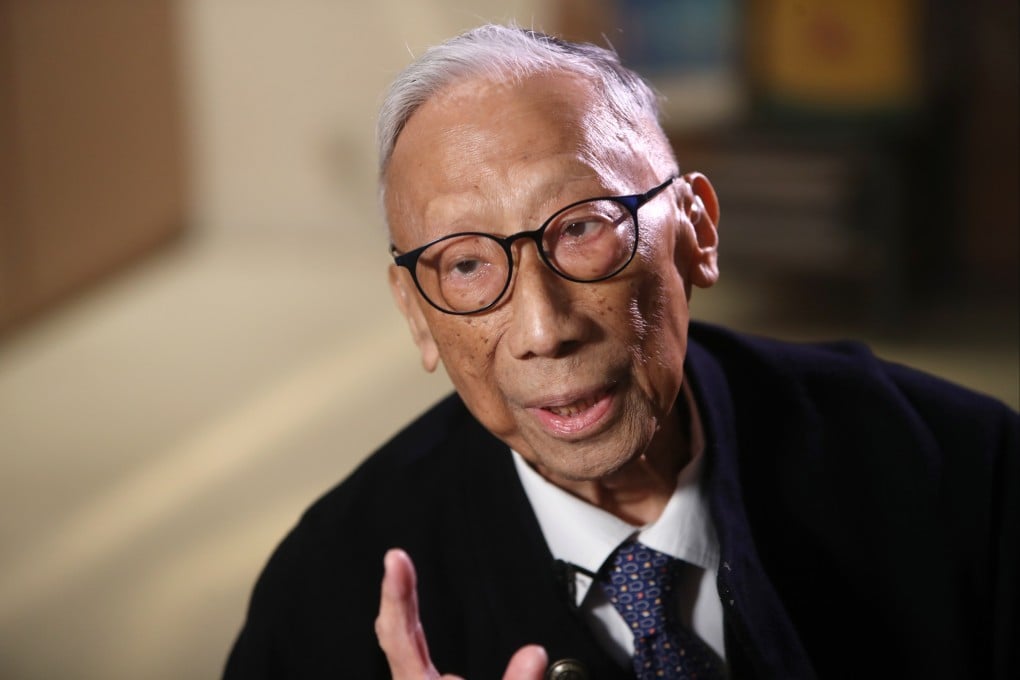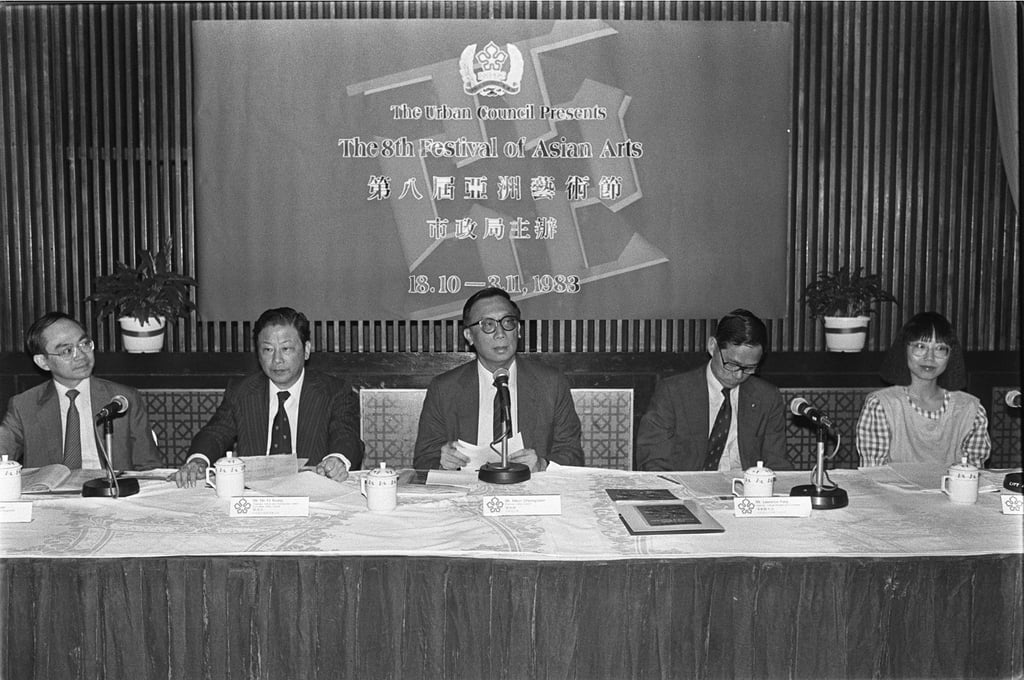How ‘mayor of Hong Kong’, Hilton Cheong-Leen, led push to give common people more say in British colonial era
- In 1970, Hilton Cheong-Leen led the first walkout in the history of the Urban Council since it was established in 1883
- He was known for his perseverance with championing gradual and moderate democratic reform since the 1950s

Hilton Cheong-Leen became the first Chinese chairman of Hong Kong’s Urban Council in 1981, a position that earned him his nickname during his five-year stint. Cheong-Leen, the “mayor of Hong Kong”, had been an early advocate of gradual democratic development since the 1950s and in 1970 led the first walkout in the history of the now-defunct council.
Veteran journalist Gary Cheung and Oliver Chou have published a book documenting the deeds of Cheong-Leen, who died in January at the age of 99. The book is based on original research and primary sources, and includes chapters of Cheong-Leen’s own recollections written in his final years.
The following is an excerpt from the book, titled Hilton Cheong-Leen: First Chinese “Mayor” of Hong Kong
Ten elected councillors walked out of the chamber in protest against the Hong Kong government’s procrastination in implementing political reform. This was not one of the mass walkouts staged by pan-democratic lawmakers in the past decade to express their dissatisfaction with government policies, but a dramatic move by 10 elected members of the now-defunct Hong Kong Urban Council on March 3, 1970.
It was the first walkout in the history of the council since it was established in 1883. It was eye-catching in an era when the colonial administration was described by academics as a “benevolent dictatorship”. Hilton Cheong-Leen, who had been an elected member since 1957, led the unprecedented protest.
The partially elected council was responsible for municipal services on Hong Kong Island and Kowloon, including the provision of leisure and cultural facilities, and had the power to oversee sanitation and hygiene issues. The governor appointed 10 of the 26 council members while another six were government officials. At the time, the remaining 10 urban councillors were the only elected representatives in the colony, while all members of the Legislative Council were appointed.

